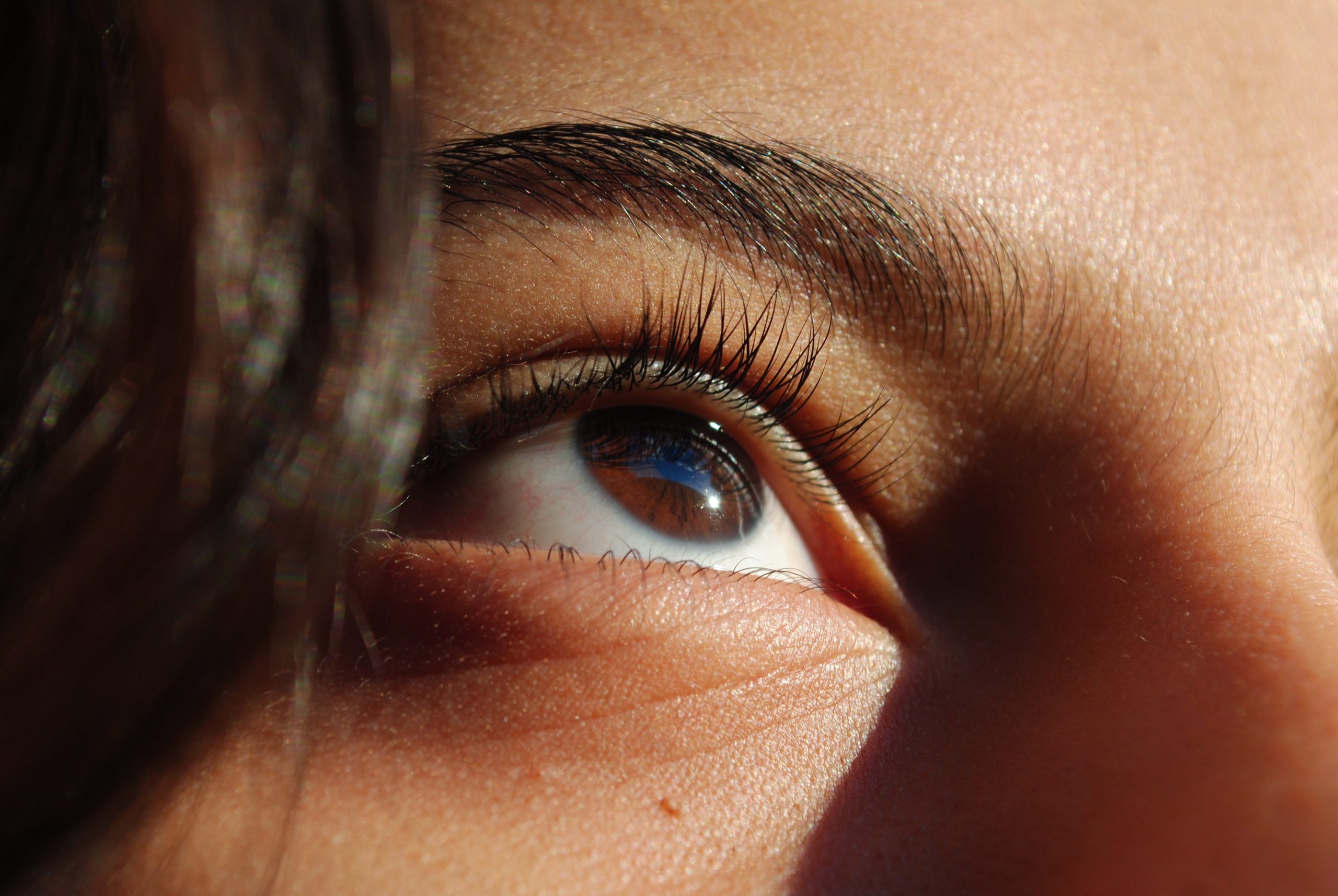Myopiaand School Performance: Strategies for Academic Success
As myopia or Short-sightedness continues to affect a growing number of children worldwide, it becomes crucial to understand its impact on academic performance and identify strategies for academic success. Myopia can significantly hinder a student’s capacity for intellectual accomplishment, but with the appropriate method, it need not hinder their progress. Let’s delve into the connection between myopia and school performance and provide practical strategies to help students overcome visual challenges and thrive academically.
Myopia and School Performance: Strategies for Academic Success
As myopia or Short-sightedness continues to affect a growing number of children worldwide, it becomes crucial to understand its impact on academic performance and identify strategies for academic success. Myopia can significantly hinder a student’s capacity for intellectual accomplishment, but with the appropriate method, it need not hinder their progress. Let’s delve into the connection between myopia and school performance and provide practical strategies to help students overcome visual challenges and thrive academically.
What is the relationship Between Myopia and School Performance?
Myopia, characterised by difficulty in seeing distant objects clearly, has become increasingly prevalent among school-aged children due to various factors such as excessive near-work activities and limited outdoor exposure. The impact of myopia on academic performance is profound. Students’ ability to fully engage in classroom activities is compromised when they struggle to see the board, read the text in books or view presentations, and it can lead to a decline in academic performance, decreased concentration, and even behavioural issues.
What are strategies for reducing the effects of myopia on school performance?
Here are some strategies for reducing the effects of myopia on school performance:
Regular Eye Examinations: Regular eye examination is essential for early detection and management of myopia. Parents and educators must prioritise scheduling comprehensive eye exams for children, as these can identify myopia and other visual conditions in their early stages. Myopia can receive treatment, similar to macular degeneration dry treatment.
Prescription eyeglasses: Prescription eyeglasses or contact lenses may dramatically improve a student’s visual acuity and lessen the difficulties brought on by myopia with timely treatments.
Optimal Classroom Environment and Study Habits: Creating an optimal classroom environment and promoting healthy study habits can significantly benefit students with myopia. Teachers should ensure adequate classroom lighting, avoiding glare and shadows that may strain the eyes. They can also employ visual aids and utilise technology to assist students with visual impairments.
Eye exercises: Encouraging students to take frequent breaks and practice eye exercises, such as looking at distant objects, can reduce eye strain caused by extended periods of near work.
Promoting Healthy Vision Habits at Home: Parents are responsible for protecting their child’s visual health and academic success. They can actively promote healthy vision habits at home by encouraging regular breaks from electronic devices, engaging in outdoor activities, and maintaining a balanced lifestyle.
Ensuring a well-lit study area with proper posture and distance from screens is essential. Parents should also maintain open communication with their child’s teachers and eye care professionals to stay informed about their progress and promptly address any concerns.
Conclusion
Myopia challenges a student’s academic performance, but with the right approach, it doesn’t have to hinder their success. By understanding the impact of myopia on school performance and implementing the strategies discussed in this article, parents, educators, and students can work together to ensure a conducive learning environment and promote optimal visual health.
Regular eye examinations, an optimal classroom environment, and healthy vision habits at home can pave the way for academic success and empower students to reach their full potential despite myopia.
Read Also: Solo Activities for Loving Your Own Company

